My husband and I are deciding if we should keep our landline or go with our cell phones only. It would be lovely to be rid of the telemarketers who congratulate us by saying: “You have won a three day trip to Las Vegas” or the dinnertime calls wanting an opinion on a political issue. Think with me for a moment about phone calls of another nature, ones that changed your pathway in life. It’s a phone call that creates an unexpected detour or a change of trajectory. Perhaps you can recall one of those “detour” calls. Was it a call from the Human Resource office directing you to attend a personal meeting with the head of the department at 3:30 on Friday afternoon?
Or a call from the doctor’s office, stating that although your appointment is next Tuesday, the test results are back, and the doctor wants to see you tomorrow morning?
Or perhaps a call from a brother or sister that went like this: “I am at the hospital with Nana. Things are bad. You need to come as soon as you can.”
Or from your son or daughter. “Mom, Dad, I am at the police station. I am in trouble. Can you come down here and help me?”
I had such a call. My call was on a Wednesday night just after 11 p.m. when I found out my sister was murdered. It was first reported as a home invasion. The authorities thought it was a robbery that went terribly wrong. My sister was beaten and stabbed, and there were signs of a break-in. This call rocked my world.
I labeled myself a Christian for as long as I could remember. Upon reflection, I believe the best way to state my relationship with God was a “one toe over the line” Christian. I attended church regularly and was active in church activities. Yet I had a shallow trust in God and was missing a deep relationship with Jesus.
All the classic symptoms of grief overwhelmed me during the weeks and months that followed the call. I suffered stomach pain, and was angry and difficult to be around as the details of the murder unfolded. Ten days after my sister’s death, police arrested my brother-in-law for my sister’s murder.
I felt deep sadness.
I felt betrayed by my brother-in-law, who had been a part of the family for thirty-five years, yet killed my sister.
I also felt betrayed by God.
How could He let this happen to my sister? She was the deeply rooted Christian I strived to be. She was an honest, authentic Christian.
I recall standing at the kitchen sink, with my hand on my hip, saying out loud, “God, were you not paying attention? What happened to faithfully protecting her? Did you blink when this terrible thing happened to my sister?”
A few months after my sister’s death, I signed up for a grief recovery class at my church. It was the first one ever offered. I learned many things over the weeks of the course. The first night, I cried uncontrollably for two hours. I went home and told my family. “I am in real trouble. I don’t know how to grieve, and I am so mad.” I was given permission that night to say out loud, “I am angry with my brother-in- law, and I am angry at GOD!”
Anger, I learned, is a normal reaction in many grief related situations, but I developed my own brand of anger. I allowed anger to become the centerpiece of my being. I call it “smoldering rage.” As a Christian woman, I thought I was not allowed to get mad. So, I buried the deep hurt, anger, and sadness, and it became toxic. It permeated every part of my being. Physically, this anger manifested in my body through stomach issues and headaches. Emotionally, I cried a lot. Spiritually, I questioned my trust in God. Intellectually, I strived to think clearly at work.
However, through the grief training, I learned about the free will God gives us. He loves us so much we get to choose to love him, or choose to reject him. We can choose right from wrong. My brother-in-law used his free will to choose. He chose a sinful life that resulted in the murder of my sister. But the greatest lesson I learned was about God’s faithfulness that could only be seen through thankful eyes.
God’s faithfulness was unfailing in the early days after my sister’s murder. The night of the murder, an investigator reported to the house immediately after the 911 call. The investigator had recently completed an intense training session on evidence gathering. His observation at the crime scene, combined with the evidence found the next morning, led to the arrest. He collected “red flags,” as he called them, when he arrived at the crime scene. The officer took notice of the way my brother-in-law was dressed, his emotional state, and how he responded to questions. When it was time for his statement to be taken, the investigator spotted inconsistencies in the story as well. Details gathered that night prompted the officer to dig deeper into the suspicious story my brother-in-law fabricated.
The investigator displayed his best work when he asked my brother-in-law to retrace his activities from the night before. He noted times and distances, and checked them against the building logs where he said he was during the murder. The investigator noticed a dumpster behind the office building where my brother-in-law worked. He called the crime lab to have the dumpster picked up and processed at a secure location. The crime lab found a plastic bag in the dumpster, the evidence that later was the basis of the conviction. The dumpster was not picked up by a trash hauler the night of the murder, as it normally would have been. The driver called in sick. That dumpster would have been sent to a landfill. The mother lode of the evidence would have been lost forever. They found the knife, pipe, the stolen items, and five rubber gloves containing fingerprints of my brother-in-law, as well as my sister’s blood on the gloves. Many of those details were not disclosed to my family for almost a year.
God protected the evidence, and he prompted the investigator to carefully evaluate and investigate the observable details of the case.
The court date was set three times before it finally began in October, two-and-a-half years after my sister’s death. About six months prior to the final trial date, I prayed with other members of my family five nights a week at 10 p.m. It was during those nightly prayer times that I began to be thankful for what God had done. I saw with thankful eyes His amazing provision and faithfulness. In our prayers, we always included the judge, (we did not know who it would be, but God did), the jury panel, (again, they were not selected until two days before the trial began, but God knew who they were), those who would testify, and for the two state employed prosecutors who presented the case. They were men of faith who worked hard to present the evidence in a compelling way.
My brother-in-law spent two million dollars for his defense. There were seven attorneys in the courtroom every day. They rolled in stacks of file boxes of “evidence” every day as a backdrop to the attorney’s presence. If you know the story of David and Goliath, the big guys against the little guys; that was the courtroom drama.
At the end of the trial, my brother-in-law was found guilty and sentenced to thirty-two years in prison. He is still in prison. God’s hands of protection were all over the investigation, the courtroom testimony, and the verdict.
The impact of my grief recovery class did not end after six weeks. In those weeks I learned new coping skills to deal with anger. I learned that my choice not to forgive my brother-in-law was crushing me. I had to forgive to be content again. I knew if God forgives me of my sins, through the gift of Jesus who sacrificed His life for me, I needed to forgive others too.
I have been inspired to look further into the lessons of grief. One of the leaders of the grief class said, “Sharon came to class, and she never went home.” As I researched writings on grief, I found most of the material up to that time was secular in nature. You may know the name Elizabeth Kubler- Ross, who wrote groundbreaking materials on grief. Her work, however, was with people in hospitals who were dying, not with the survivors of a tragic loss. The “God understands your grief experience, because He felt grief too, because his son, Jesus, died,” was not being shared with those who grieved. The concept of God’s comfort and faithfulness was missing.
Because of that, I began a grief recovery ministry that has been a part of my life for almost twenty years. I have shared God’s model of grieving with thousands of grieving people who have suffered losses such as the death of parents, a child, spouse, experiencing a miscarriage, divorce, job loss, death of a beloved pet, illness, and the impact of addiction and abortion. I am certified as a Grief Facilitator. I have spoken at national conferences and written two Christian based books on grief. The Bible says, “And we know that in all things God works for the good of those who love him, who have been called according to his purpose” (Romans 8:28). I, to my utter surprise, was called.
God is faithful. I see his faithfulness with thankful eyes. I am thankful for the driver who did not come to work, as the evidence would have been lost. I am thankful for the recent training the investigator had just taken. I am thankful for the jury who listened and discerned the evidence to determine the verdict. I am thankful that I have forgiven my brother-in- law and do not carry the burden of un-forgiveness. I am thankful for the peace that I live out every day. I am thankful that when you and I feel abandoned, angry, sad, loaded up with guilt and resentment, or any other negative emotion, God can change all that. He can be glorified in the midst of the most awful circumstances.
Imagine for a moment there is another call, but this time it’s for you. It is an open line to God. He is waiting to hear from you because, like me, he may want to use your story to change the trajectory of your life. There will always be tragedy in our lives, and God knows the way to turn something tragic into good, if we are willing to let Him work through us. It’s time to pick up the phone and listen.
Sharon Fox is an author, speaker and co-founder of Brave Penny (non-profit) and a certified Grief Facilitator. Her books, Reframing Adoption and A Precious Loss, reflect her heart for those who struggle with loss. Her third book, The Stone Carver Son, is a Christian Christmas book for children.
Story taken from Stories of Roaring Faith — Volume 1

 by Sharon Fox" style="display: none;" />
by Sharon Fox" style="display: none;" />
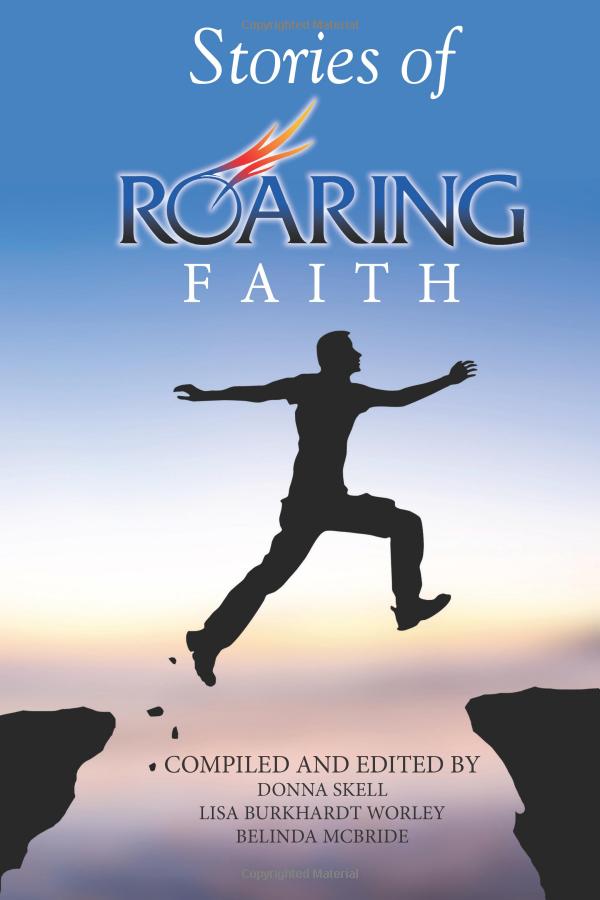
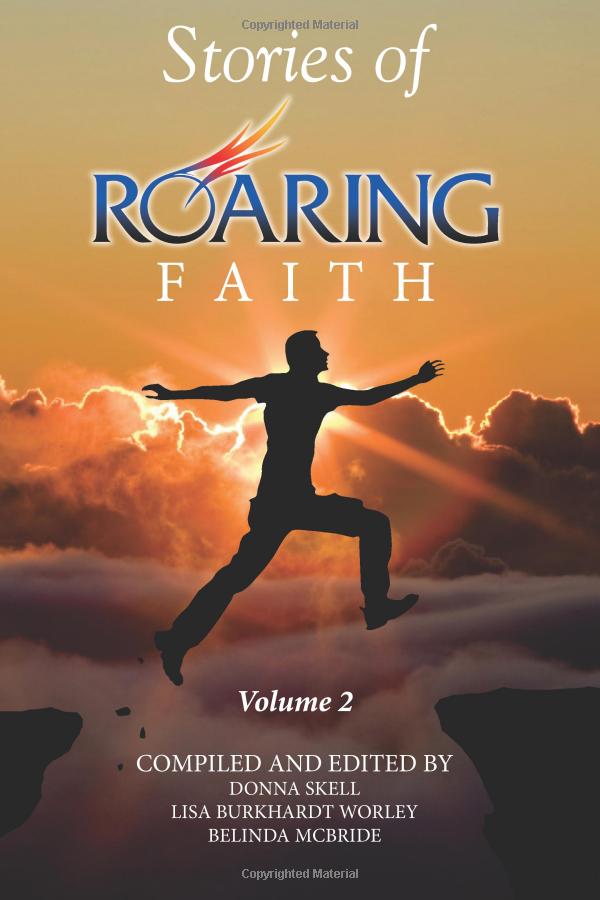
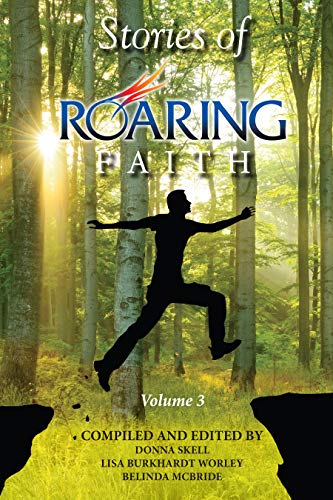
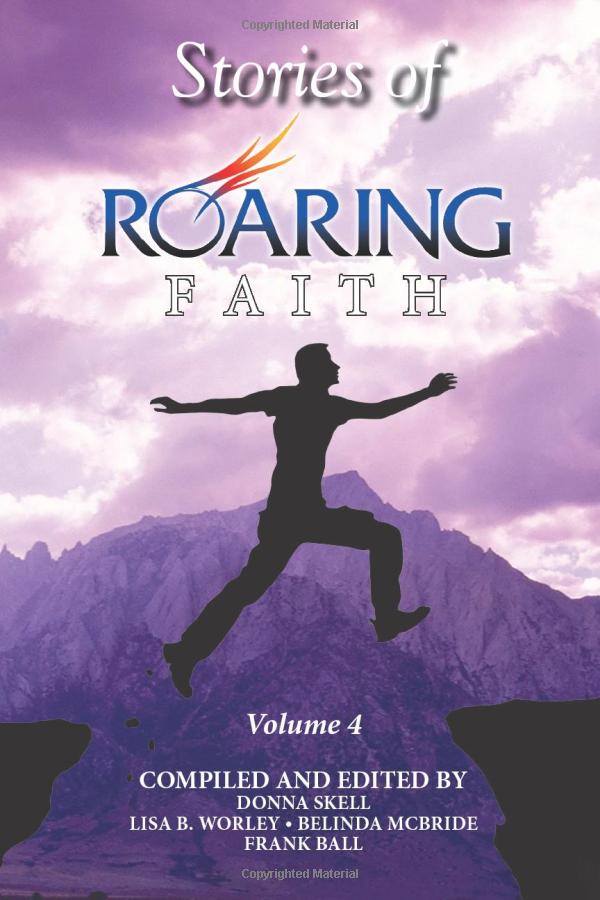
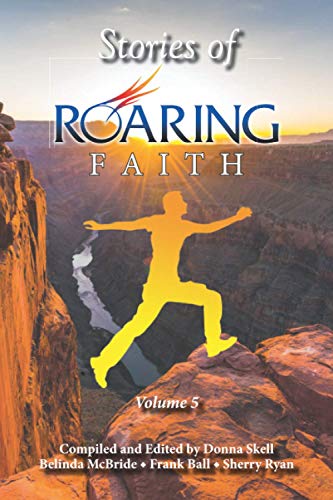


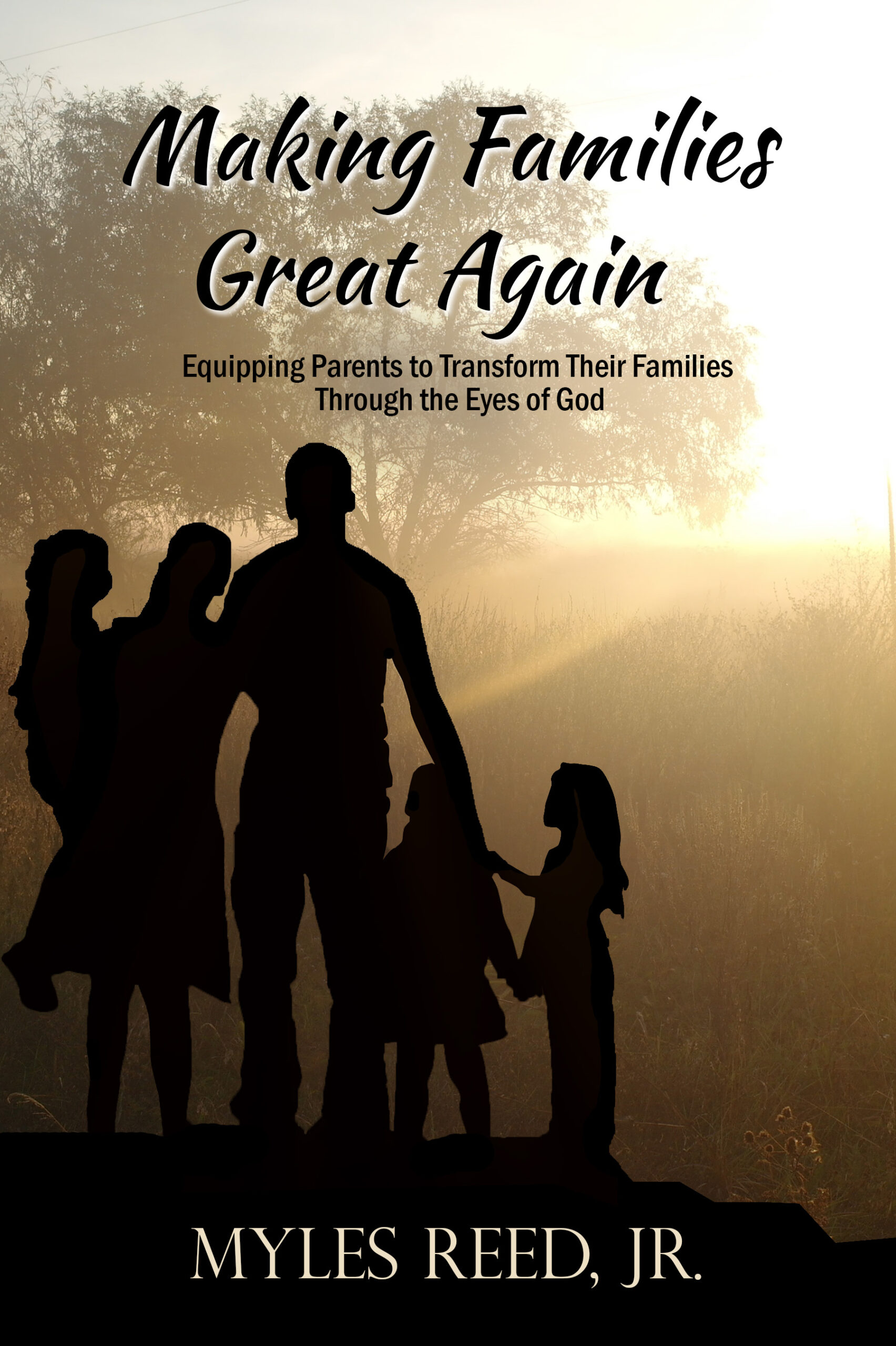 Character is a critical key to becoming a person of quality, and it starts in the home!
Character is a critical key to becoming a person of quality, and it starts in the home!